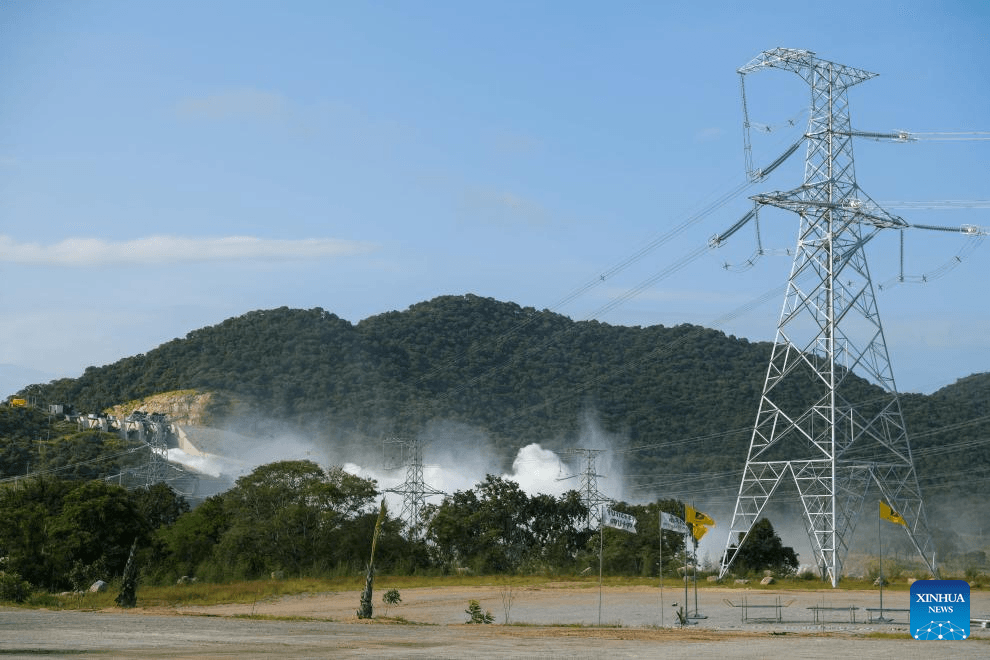Kenya has no fuel kept for emergencies, a new audit has revealed, detailing the extent to which the country would be exposed when supplies stop coming.
Auditor General Nancy Gathungu has flagged the irregularity in the review of the National Oil Corporation of Kenya accounts as of June 30, 2023.
The auditor says in the latest audit that her review of records revealed that NOCK management did not meet the minimum operational stocks of petroleum.
The Energy (Minimum Operational Stock) Regulations, 2008, requires importers of petroleum products intended for use in Kenya to maintain a physical operational stock at all times.
NOCK, having been flagged in previous years, was found without the reserves, rendering the question of compliance on the part of the other oil importers.
“The minimum operational stock shall be maintained to ensure short-term supply of petroleum products in the event of disruption of supply of the products,” Gathungu said.
According to the regulations gazetted by former Energy Minister Kiraitu Murungi in 2008, NOCK should have stock of LPG gas that can last 15 days, 20 days for petrol and 25 days for diesel.
An importer should also have kerosene that can last 20 days in case of supply disruptions, jet fuel that can go 30 days and industrial diesel oil that can last 20 days.
Oil importers should also maintain heavy fuel oil – used in manufacturing plants that can go up to 25 days and aviation gasoline that can last 20 days.
But during the review, Gathungu says that the oil corporation had no such stocks, the same clouded by its sorry state of finances.
She added, “In the circumstances, management was in breach of the law.”
Last year, the auditor indicated that the management did not hold any strategic stocks of petroleum, revelations which came at a time when the corporation had no licence to import or export petroleum products.
The regulations provide that the strategic stock shall be maintained in respect of each of the following petroleum products, at a level equivalent to up to 90 days of consumption.
Regulation five stipulates that the strategic stock shall be procured by the National Oil Corporation of Kenya and stored by Kenya Pipeline Company Limited.
It says that in case of consumption or drawdown of the stored amounts, the same shall be replenished accordingly to its optimal level.
In what shows how the situation is not likely to improve, the audit reveals that NOCK’s financial mess has worsened.
The audit revealed that the corporation had a negative working capital of Sh9.1 billion as of June 30, 2023.
“These events or conditions indicate material uncertainty regarding the corporation’s ability to continue as a going concern,” Gathungu said.
“The corporation was technically insolvent and its continued existence as a going concern is dependent upon the financial support of the government, bankers, and its creditors.”
The auditor cast doubt whether the situation would change “unless management puts in place measures to improve the performance of the corporation and to reduce reliance on financial support from the shareholders.”
It has since emerged that the management did not give word to auditors in the financial statements on how it intends to mitigate the 'going concern'.
“This material uncertainty was not disclosed in the notes to the financial statements as required by international accounting standards,” Gathungu said.
At the time of the audit, NOCK owed vendors Sh777 million and failed to explain why the creditors had not been paid for more than 60 days of their supplies.
The audit also flagged inaccuracies in legal expenses of Sh113 million and also failed to explain balances to the tune of Sh3.7 billion held at various banks and investment trusts.
Management explained that the funds were included in other corporation’s funds and some were invested in fixed deposits at various commercial banks.
“The corporation continues to hold funds for projects that were yet to be implemented or surplus funds for completed ones in its books, thereby denying citizens access to services intended or additional services that can be implemented using the idle funds,” Gathungu said, even she flagged an unexplained Sh215 million in exploration grants.
“In the circumstances, the accuracy, and completeness of the special fund’s projects balance of Sh3,680,249,000 could not be confirmed.”










